The travel industry is resilient: Historical events and how tourism has bounced back

In the midst of the COVID-19 Coronavirus Pandemic, it’s easy to forget that the global economy and tourism industry has experienced similar significant events in the past. Whether it’s flu pandemics, political instability, economic recession, natural disasters, terror threats or war, the tourism industry is no stranger to economic downturn and the adversity surrounding each event.
While many of the threats that have significantly affected the economy in the past are very real, research suggests that the economic impacts are, comparatively, often much more serious due to the effects that fear has on the population. Thankfully, history shows that the economy, and more specifically, the tourism industry, is extremely resilient and is excellent and bouncing back from these events.
In this blog we’re taking a look back in time at a number of historical events which caused economic downturn. We’ll explore how the tourism industry was affected and most importantly, how it bounced back.
The Global Financial Crisis
From 2007 to early 2009 the world was plunged into the deepest economic recession since the Great Depression in the 1930’s. Understandably, tourism was one of the first industries to be affected as people worldwide cut back on luxury expenditure. All sectors of the travel industry felt the effects, with airline stocks declining 68%, and hotel, resorts and cruise lines falling up to 74%. While this was a significantly tough time for the industry as a whole, there were silver linings.

The industry shake-up resulted in major hotel chains and airlines being forced to restructure and consolidate. This resulted in a surge of growth in both of these major industries in the years following the Global Financial Crisis (GFC) with higher margins and consumer demand to match.
Research conducted throughout the 10 years following the GFC shows that the new airlines, hotel chains, and online booking accessibility that emerged as a result of the recession has massively impacted outbound travel in emerging markets. Prior to the GFC, China, India and Latin America made up just 21% of outbound travellers; as of 2016, data from the World Bank shows that they now make up 41% of outbound travellers. Researchers now believe that, thanks to the GFC, travel is a much more accessible and desired activity for people across the globe.
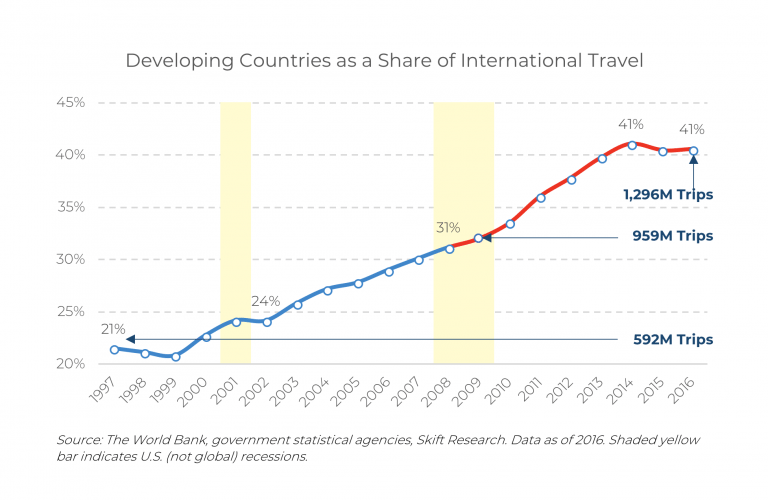
The tourism industry disruption and emergence of a more frugal traveller demographic also paved the way for the online travel industry fragmentation. Expedia and Booking.com continued to grow in the wake of the recession and online booking sites such as AirBnB were launched. While these emerging technologies took some business away from tour operators, the positive impacts they had on tour operators far outweighed the negative. Travel was thrust into the limelight and was suddenly desired by a broader spread of consumers across a wider array of socio-economic backgrounds.
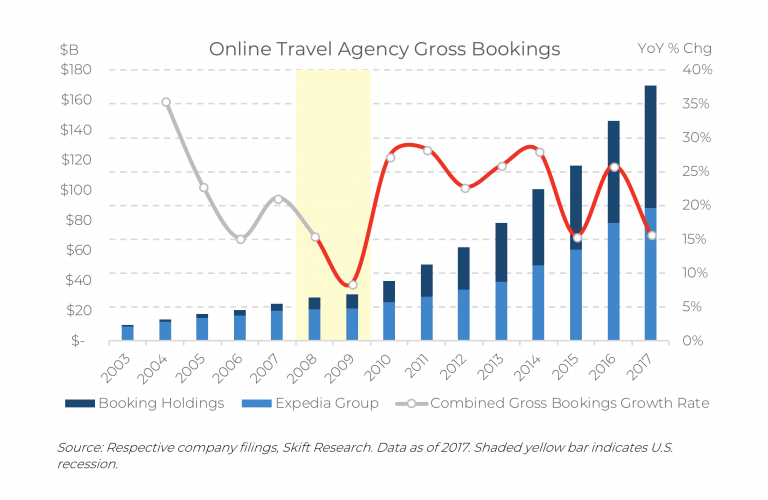
So, while many business owners would argue that the Global Financial Crisis was the greatest economic disruption of the past decade, research shows that despite the turmoil that the tourism industry faced, it has, in many ways, come out better off.
2009 H1N1 Pandemic (Swine Flu)
You’ll probably remember the H1N1 pandemic that swept around the world in 2009 and 2010. This influenza strain, sometimes referred to as Swine Flu, caused just over 200,000 fatalities worldwide and it is estimated that economic losses ranged between 0.5% and 1.5% of GDP in affected countries.
Economists expected tourism to be hit hard by the H1N1 Pandemic, but subsequent research has revealed that the ever resilient tourism industry was not impacted as hard initially anticipated, with an estimated 8.5% fall in international travel and a 6% fall in domestic travel. Many experts also believe the economic impact was greatly reduced due to the improved level of preparedness compared to past pandemics.
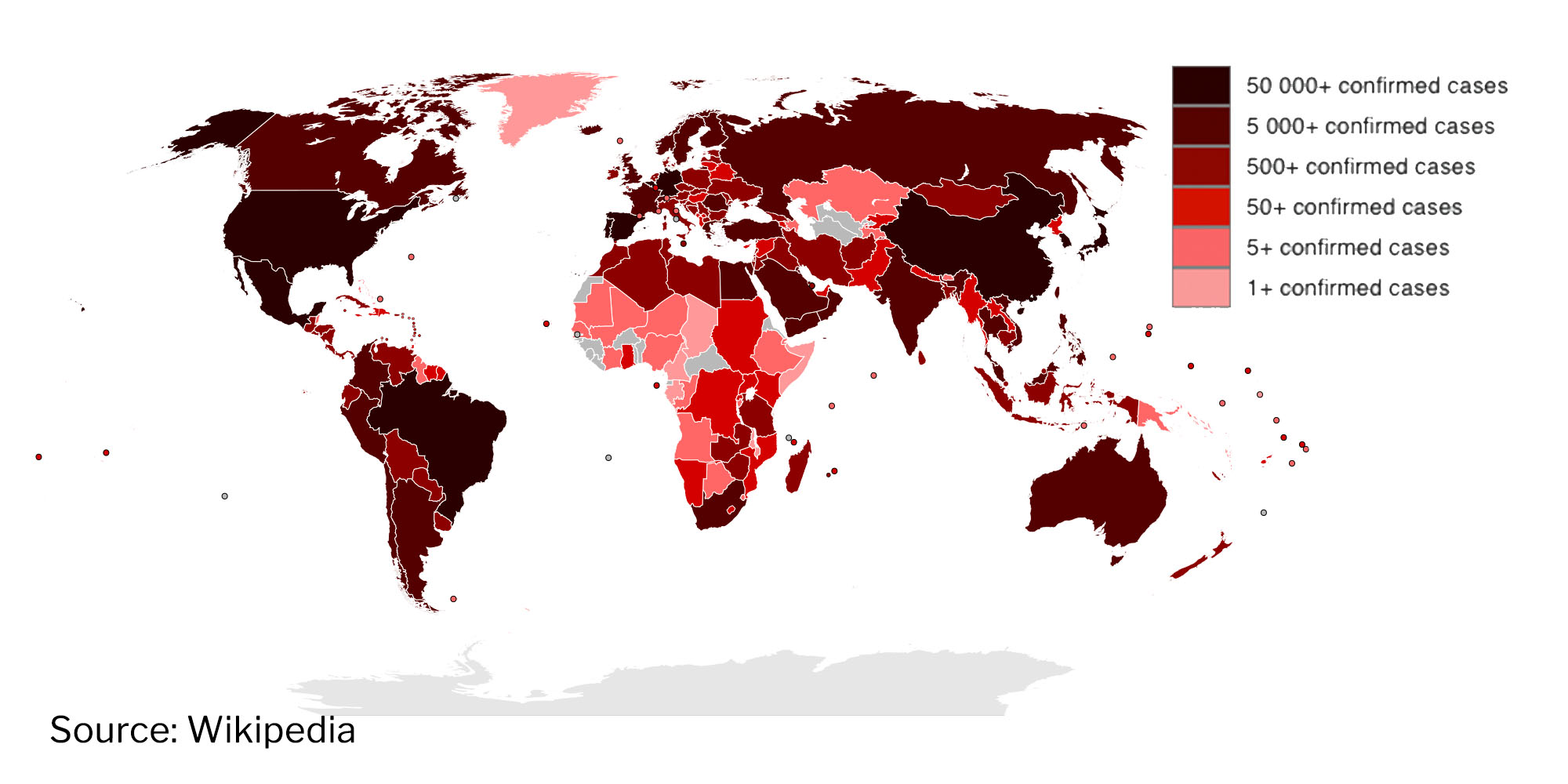
War and political instability
War and political instability is notorious for having a direct impact on the tourism and hospitality industries. Similar to the GFC, the hardest hit sectors within tourism are often hotels and airlines.
In recent history, the Iraq War in the early 2000’s resulted in a sharp decline in bookings, a trend which was reflected in the earlier 1991 Gulf War. In both cases, the tourism industry bounced back faster and more positively than it’s pre-war position.
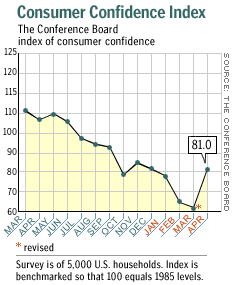
A new trend of ‘short stays’ emerged during the Iraq War, destinations such as New Zealand and Vietnam grew in popularity following the Gulf war, and consumer confidence surged following both wars which had a positive knock of effect for the entire global economy.
SARs – Severe Acute Respiratory Syndrome
SARs swept around the world from 2002 to 2004, costing an estimate of$54 Billion for the global economy. Despite being one of the most significantly impacted industries, the travel market rebounded to levels similar pre SARs outbreak just 3 months after the crisis peak.
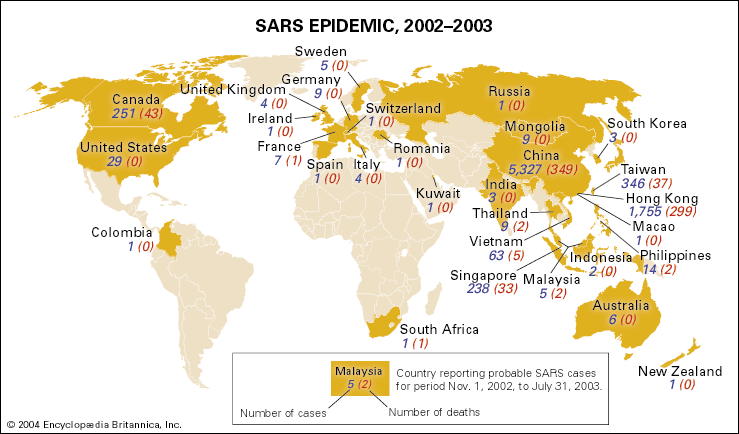
There’s no doubt about it, the global tourism industry has seen its fair share of tough times. But history and subsequent research continues to show us how resilient the tourism industry truly is. In fact, in most cases tourism has bounced back and even improved following significant economic adversity.
Take a look at part 2 of this blog series to learn more about how you can look after your tour operator business during tough times, and importantly, use the time to prepare you business so that you can maximise opportunities following an event such as this.




